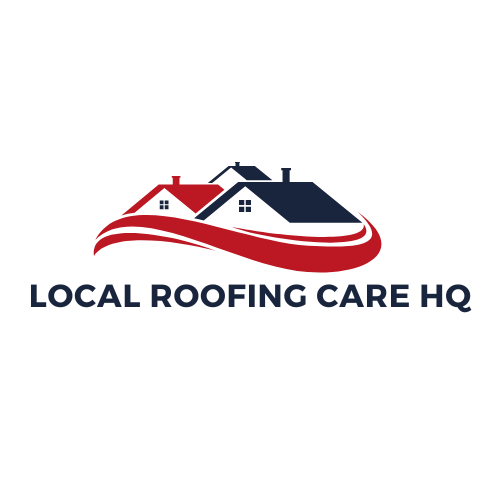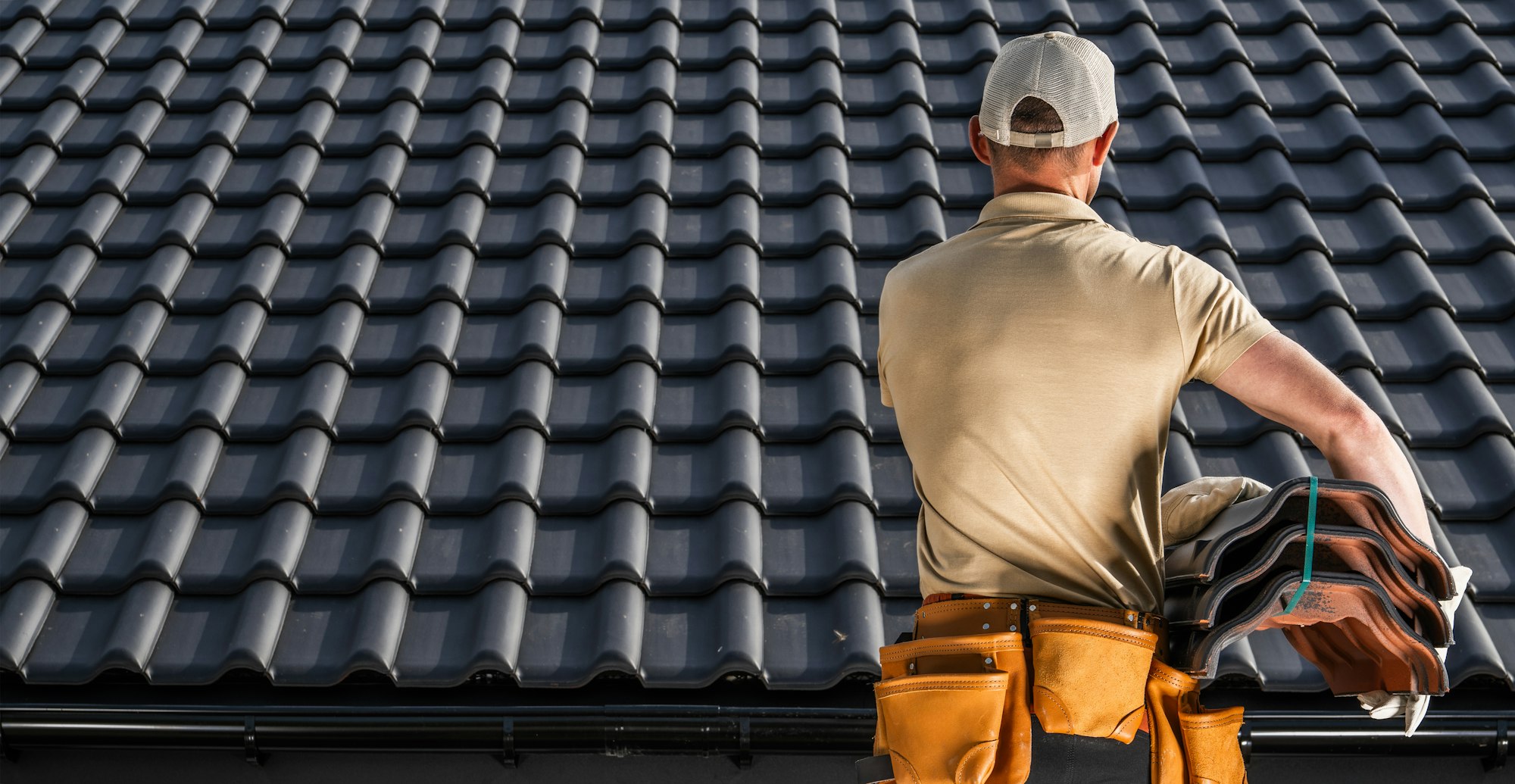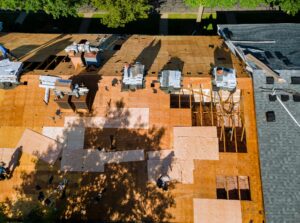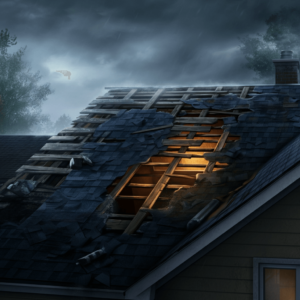Introduction Roof Inspections
Your roof is one of the most important elements of your home, but it’s often the last thing we think about—until something goes wrong.
Regular roof inspections are critical for keeping your home safe, energy-efficient, and free from costly repairs. In this blog, we’ll answer common questions about roof inspections, explain why they’re necessary, and share some actionable tips to ensure your roof stays in great shape.
Whether you’re a homeowner or a prospective buyer, understanding the ins and outs of roof inspections can save you time, stress, and money.
Frequently Asked Questions About Roof Inspections
1. What Exactly Is a Roof Inspection?
A roof inspection is a thorough examination of your roof’s condition. It involves looking for any signs of damage or wear that could affect your roof’s structural integrity. Roof inspectors assess everything from missing shingles to damaged flashing and clogged gutters. They also inspect for water damage, leaks, and potential issues with insulation or ventilation.
Why It Matters: By catching minor issues early on, regular roof inspections can prevent major, costly repairs down the line.
2. How Often Should I Have My Roof Inspected?
Experts recommend having your roof inspected at least twice a year, ideally in the spring and fall. You should also schedule a roof inspection after any major storms or extreme weather conditions that could cause damage, such as high winds or hail.
Pro Tip: If you live in an area prone to harsh weather, it’s wise to increase the frequency of your inspections. Roof damage can sometimes go unnoticed, only to cause significant problems later.
3. What Do Roof Inspectors Look For?
During a roof inspection, professionals typically focus on the following key areas:
- Shingles: Inspecting for missing, cracked, or curling shingles.
- Flashing: Ensuring the material that seals seams around chimneys, vents, and skylights is intact.
- Gutters: Checking for clogs or damage that could cause water backup.
- Leaks and Moisture: Identifying any signs of leaks, water damage, or mold.
- Structural Integrity: Looking for sagging areas or any spots where the roof’s support might be compromised.
- Insulation and Ventilation: Verifying proper airflow and insulation in the attic to prevent energy loss.
Roof inspectors will provide you with a detailed report of their findings, along with recommended repairs or maintenance.
4. How Much Does a Roof Inspection Cost?
The average cost of a roof inspection ranges from $100 to $400, depending on the size of the roof and the region you live in. Some roofing companies offer free inspections, especially if you’re planning on getting a repair or replacement through them. However, paying for a thorough inspection could be well worth it, especially if it prevents future problems.
5. Can I Inspect My Roof Myself?
While there are some basic checks you can do yourself—like spotting obvious issues such as missing shingles or clogged gutters—a professional inspection is always recommended. Climbing onto your roof can be dangerous, and most homeowners may not have the expertise to spot hidden problems like subtle water damage or structural weakness.
Safety First: Roof inspectors are trained to assess all potential issues and know how to navigate your roof safely.
Why Roof Inspections Are Essential
1. Prevent Costly Repairs
The biggest reason to schedule regular roof inspections is to catch problems early. Small issues, such as a loose shingle or clogged gutter, can quickly escalate into larger problems like leaks, structural damage, or even roof collapse. A roof inspection allows you to fix these issues while they’re still minor and less expensive.
- Statistic: According to the National Roofing Contractors Association, more than 80% of roof repairs could be avoided with regular maintenance and inspections.
2. Extend the Life of Your Roof
A well-maintained roof can last for decades, but neglecting it can significantly reduce its lifespan. By addressing small problems early, a roof inspection helps you maximize the durability and longevity of your roof, potentially extending its lifespan by 5 to 10 years.
3. Enhance Energy Efficiency
Roof inspections aren’t just about preventing leaks—they also help ensure your home is energy-efficient. Poor insulation, damaged roofing materials, or inadequate ventilation can cause your home to lose heat in the winter and trap heat in the summer, leading to higher energy bills. Regular inspections allow you to fix these issues, improving energy efficiency and saving you money.
4. Keep Your Home Safe
Your roof is the first line of defense against the elements. If your roof is damaged, it can lead to dangerous situations, including leaks, water damage, mold growth, and even structural collapse. Roof inspections ensure your home remains safe and secure for you and your family.
5. Increase Property Value
Thinking of selling your home? A roof in great condition is a major selling point for potential buyers. By having a documented history of regular roof inspections, you can boost your home’s resale value and appeal to buyers who are looking for well-maintained properties.
The Roof Inspection Process: What to Expect
- Initial Consultation: The inspector will begin with an initial walkthrough, discussing any concerns you might have.
- Exterior Inspection: Inspectors will climb onto the roof to examine the shingles, flashing, gutters, and other external components. They will also check for signs of storm damage, leaks, or weak spots.
- Interior Inspection: Inside your home, the inspector will check the attic or top floor for signs of leaks, moisture, or poor insulation and ventilation.
- Detailed Report: Once the inspection is complete, you’ll receive a report detailing the findings and any recommendations for repairs or maintenance.
- Follow-Up Repairs: If any issues are found, it’s a good idea to have them addressed immediately. Many roofing companies offer inspection-to-repair services to handle the process efficiently.
Conclusion: Don’t Wait Until It’s Too Late
Roof inspections are essential for the health and safety of your home. Regular inspections can prevent costly repairs, extend the life of your roof, and improve energy efficiency. Whether you’re maintaining your current home or preparing to sell, scheduling an inspection with a professional roofing contractor will give you peace of mind that your roof is in top condition.
Remember, the roof over your head is your home’s first line of defense. Don’t wait until there’s a leak or other damage—schedule regular inspections to keep your home safe, energy-efficient, and well-maintained.




